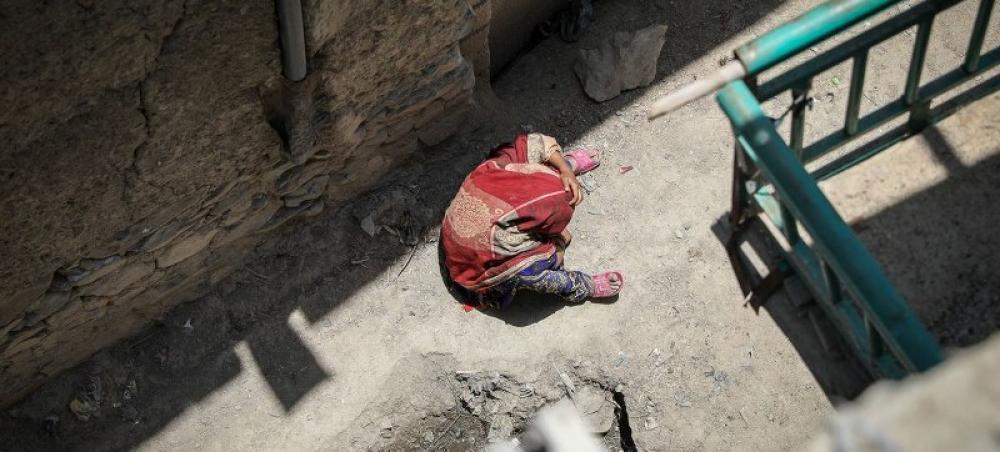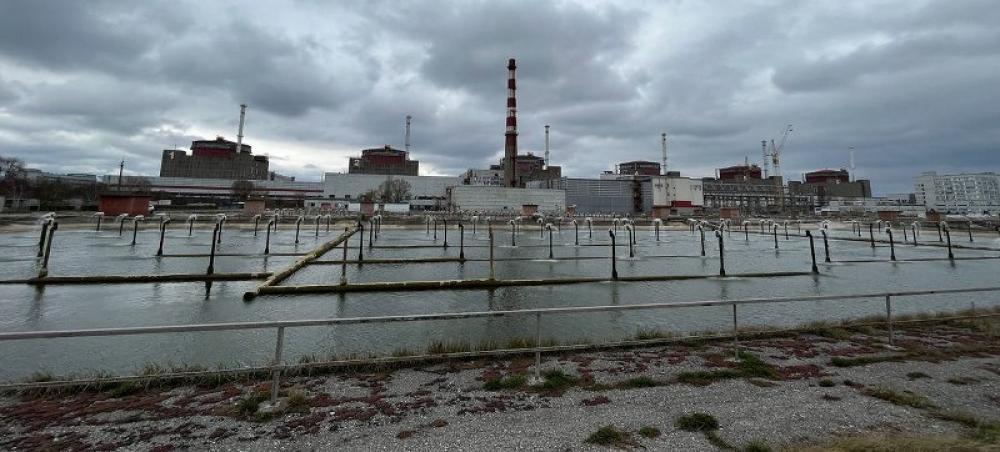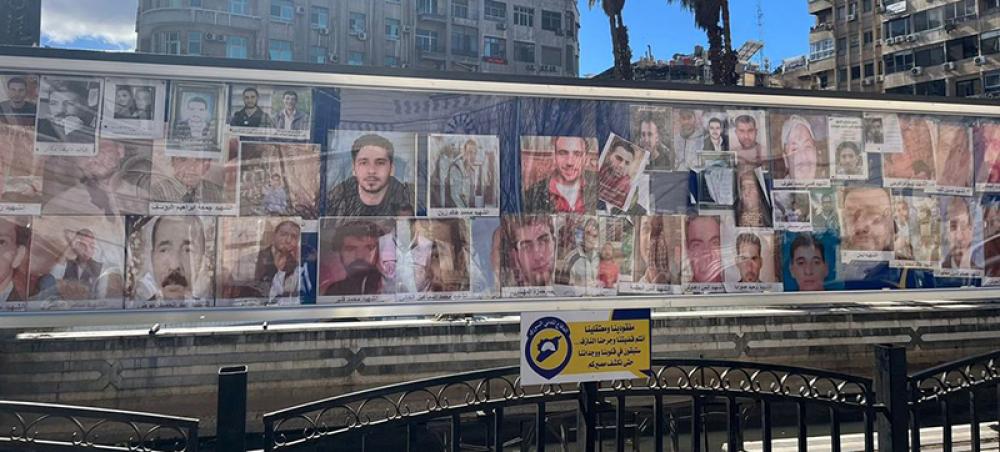Just Earth News | @justearthnews | 03 Jun 2020, 03:45 am Print

New York/Kathmandu: Two recent incidents in which six people were killed show the Nepali government has systematically failed to confront entrenched caste – or descent – based discrimination against Dalits, Human Rights Watch said on Wednesday.
The government should ensure prompt and rigorous investigations by the police, free from political interference, HRW demanded.
On May 23, 2020, the body of a 12-year-old Dalit girl, Angira Pasi, was found hanging from a tree, a day after community leaders in Rupandehi district ordered a 25-year-old man of a different caste who had raped her to marry her as his “punishment.”
On the same day, at least five men were killed in Rukum West district, after a young Dalit man arrived to marry his girlfriend from another caste. Media reports said that both incidents involved allegations against elected local government representatives.
“Nepal has laws against caste-based crimes but they are rarely applied, and often the police refuse to even register cases – such as rape – when the victim is a Dalit,” said Meenakshi Ganguly, South Asia director. “The alleged role of local politicians in these cases can lead to obstruction of justice, which means that an independent investigation is essential.”
Nepal Monitor, a Nepali human rights organization, has recorded 27 incidents of caste-based discrimination or violence this year, although Dalit activists say that the vast majority of cases go unreported, and very few result in official action. Nepal’s 2015 constitution established a National Dalit Commission to promote the rights of the Dalit – previously so-called untouchable – community, but the government has not appointed any commissioners.
In the case of Pasi, who was allegedly raped and murdered, the police reportedly refused to register the case at first, claiming that the child had taken her own life.
The killings in Rukum occurred after a group of young men accompanied Nabaraj Bishwokarma to the village of Soti, the home of the young woman he hoped to marry.
Villagers allegedly chased and beat the young men, then threw some of them in the Bheri river. Four of the five who were killed, including Bishwokarma, were Dalits.
The United Nations High Commissioner for Human Rights, Michelle Bachelet, has called for an independent investigation into both the Rupandehi and Rukum cases.
“It is distressing that caste-based prejudices remain deeply entrenched in our world in the 21st century, and I am filled with sadness for these two young people who held high hopes of building a life together despite the obstacles presented by their accident of birth,” Bachelet said.
“Caste-based discrimination remains widespread, not only in Nepal but other countries, and often leads to serious harm and, as in this case, even loss of life. Ending caste-based discrimination is fundamental to the sustainable development vision of leaving no one behind.”
Bachelet called for an independent investigation into the attacks. She stressed that the victims and their families have the right to justice, truth and reparations.
Dalits are seen to be on the lowest rung of the caste hierarchy in Nepali society, traditionally discriminated against as “untouchables”.
The killings have sparked outrage in Nepal, prompting the federal Ministry of Home Affairs to establish a five-member “high-level investigation committee” to look into the incident. On 26 May, police filed a complaint against 20 alleged perpetrators.
Bachelet called for an independent investigation into the attacks. She stressed that the victims and their families have the right to justice, truth and reparations.
Dalits are seen to be on the lowest rung of the caste hierarchy in Nepali society, traditionally discriminated against as “untouchables”.
The killings have sparked outrage in Nepal, prompting the federal Ministry of Home Affairs to establish a five-member “high-level investigation committee” to look into the incident. On 26 May, police filed a complaint against 20 alleged perpetrators.
Dalits in Nepal and other countries experience discrimination at every level of their daily lives, limiting their employment and educational opportunities, the places where they can collect water or worship, and their choice of who to marry, United Nations Human Rights said.
- Chaotic wave of returnees from Iran and Pakistan to Afghanistan is threatening broader regional stability, says UN
- Prominent economist Abul Barkat, who once said there would be no Hindus will be left in Bangladesh if exodus continued, sent to jail in graft case
- Pakistan: Father guns down daughter after she refuses to delete TikTok account
- Persecution of girls: ICC issues arrest warrant for two Taliban leaders
- Pakistan: ATC sends Mahrang, other BYC activists on 10-day physical remand






